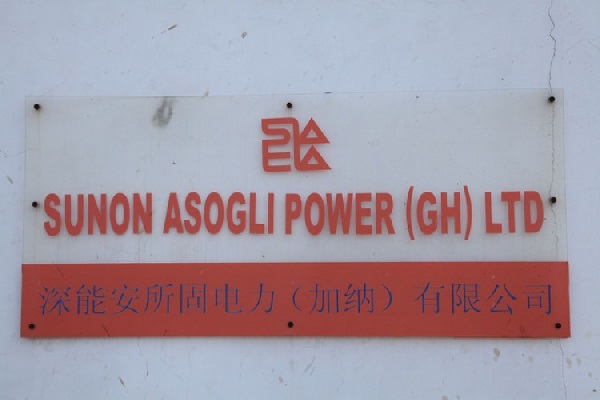The Ghanaian energy sector has been plunged into turmoil following Sunon Asogli Power’s decision to shut down operations due to an outstanding $259 million debt owed by the Electricity Company of Ghana (ECG).
The Minister for Finance, Dr. Mohammed Amin Adam has condemned Sunon Asogli’s actions as “bad faith,” revealing that the government was in the process of negotiating a debt settlement when the company suddenly changed its payment terms.
A History of Disputes
This is not the first time Sunon Asogli has clashed with the Ghanaian government.
In 2023, the company threatened to shut down over unpaid debt, sparking concerns about the country’s energy security.
The current dispute began on October 16, when Sunon Asogli announced its shutdown, citing ECG’s failure to pay its debts.
Negotiation Breakdown
According to Dr. Amin Adam, the Ministry of Finance had allocated $30 million to Sunon Asogli as part of an initial payment to independent power producers.
However, the company subsequently demanded an additional $30 million, which the ministry refused.
ECG later proposed adding the extra $30 million to the settlement, but Sunon Asogli refused to sign the agreement until payment was made.
Impact on Ghana’s Power Supply
Despite the shutdown, Ghana’s power supply remains stable, thanks to the country’s strong reserve position.
Dr. Amin Adam assured the public that “Ghana has multiple power plants generating electricity, and despite the shutdown, we didn’t face a crisis.”
However, concerns remain about the long-term implications of the dispute.
Debt Restructuring Progress
In a positive development, Sunon Asogli has agreed to sign a settlement agreement concerning debt restructuring for independent power producers.
The government has made significant progress in restructuring debts owed to IPPs, including Karpower, CENIT Energy, Sunon Asogli, and Aksa.
Two IPPs, CENIT and Aksa, have already reached agreements on debt restructuring.
BY Daniel Bampoe


